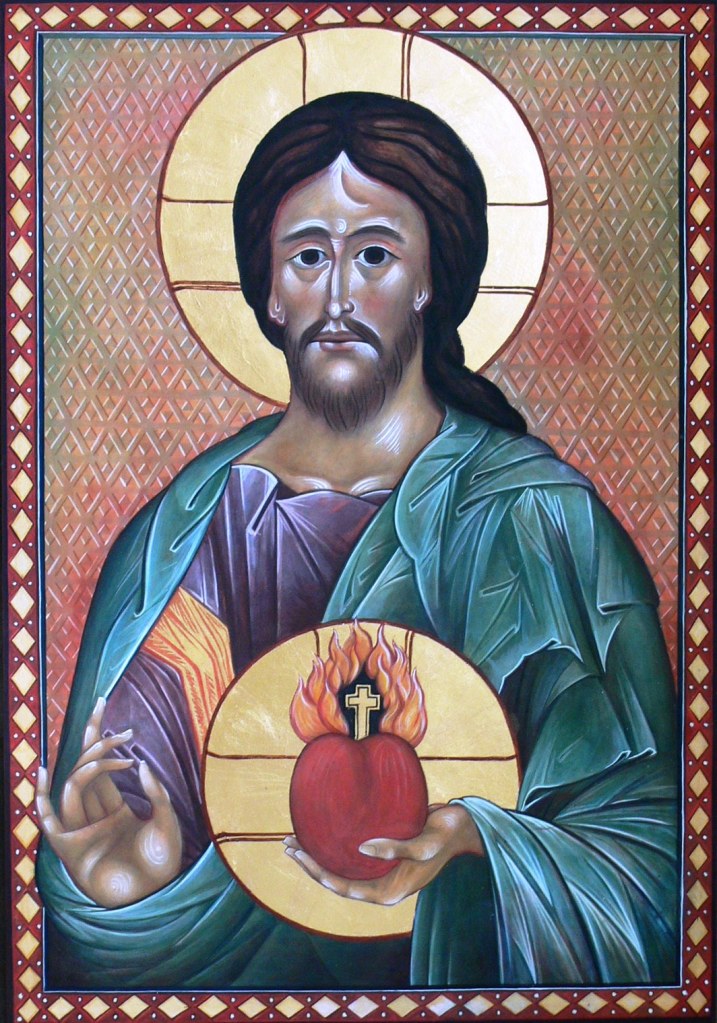This final piece in this series of meditations by priests of the Institute of the Incarnate Word, IVE.
Because Christmas Day this year is on a Monday and Sunday is not a good day to schedule a post, I have waited until today, St Stephen’s Day to post this meditation for the Fourth Sunday of Advent. This past Sunday was simultaneously the day of the Vigil Mass of the Nativity of Christ, and now Christmas is upon us and we are in the Octave of Christmas—! And so this is presented as a reflection upon that last phase of Advent and Christmas season itself. Where we have come from and where we are now.
Fr Daniel Vitz, IVE writes:
As children, Christmas was something that most of us looked forward to and waited for with great—sometimes almost unbearable—anticipation. Our motives perhaps were not entirely spiritual; certainly, it’s great fun to receive presents (and also to give them) and Christmas music and decorations are moving and beautiful. But of course, that’s not the real reason why we rejoice; it can’t be the real reason for our joy on Christmas Eve.
The real reason why we rejoiced on the eve of the Nativity is the realization that something important, something tremendous, is about to happen; is happening even now. A new hope has arisen in the world. We were all slaves; slaves to sin and death and the devil, and God decided to break our chains and free us from our slavery. He had mercy on us. And how did God’s mercy manifest itself to us? It wasn’t a demonstration of his awesome power—meteors and eclipses, hurricanes and floods, earthquakes and volcanoes. It was indeed something great, but it seemed small. No, better said, he seemed small; because we are talking about the birth of a person—Jesus Christ. That mercy of God showed itself as an infant in Bethlehem, born in a smelly stable and then laid in an animal’s feeding trough as his cradle. God himself, the Second Person of the Holy Trinity—omnipotent, eternal, and omniscient—himself entered our world as a little baby, poor and humble. So, if we have to say what we celebrate on Christmas Day, we can say that there are two things in particular. We celebrate mercy and we celebrate humility; Divine Mercy and Divine Humility.
Everything that our Lord has done, everything he has revealed teaches us something. Yes, of course, the Incarnation and later the Passion and Resurrection did something, they effected an extraordinary and wonderful change, but those events—they didn’t just do, they taught. That is why we aren’t just comforted when we read the Bible and hear God’s word, we learn. We learn how we ourselves should be through Divine teaching and Christ’s example—how we should act, how we should pray when we should speak, and also when we should keep silence. God shows us what we should be doing if we want to be holy if we want to be the way he wants us to be. And if we want to be holy—and please God we do—we must remember what God himself teaches us today, on Christmas Eve, as Joseph and Mary search for some suitable lodging in which the Son of God can be born: Mercy and Humility. And it is fitting that we consider these two things because for the majority of us they are the two most difficult things to practice.
Mercy. The prophet Isaiah, who we read all through the Advent season, speaks so much about God’s goodness to his people in spite of their sinfulness. Our hands were full of blood, he says, we were corrupt children, and yet our Lord said, “Though your sins be like scarlet, they may become white as snow; though they be crimson red, they may become white as wool.” And he tells us that when Christ comes, he will “wipe the tears away from every face.”
We did nothing to deserve that. We did nothing to deserve Jesus Christ. In fact, we did everything we could do to not merit salvation. Individually and collectively, we piled wickedness upon wickedness. And yet, God sent for us a Savior. As St. Paul said to Timothy, “If we are unfaithful, he remains faithful.”
What does that mean for our lives? Surely at the very least, it means that we must imitate what God did for us! In his infinitude, God’s mercy is boundless and his humility is unimaginable, and so we will never be able to approach his goodness, but we must try. If our Lord was willing to forgive all our crimes, how can we not do the same for others? We must recall that the Our Father, which Christ himself taught us, has only one petition in it that is conditional: “Forgive us our trespasses . . . as we forgive those who have trespassed against us.” From Christ’s coming on Christmas, we must learn mercy.
And humility. God is all-powerful and all-knowing. He could have come to us in any way at all, and he chose to do so quietly. He chose to give us a “sign” by becoming an “infant wrapped in swaddling clothes and laid in a manger.” Small, weak, and helpless—that is how our Lord comes to us. A little baby! Consider what that means—to go from the perfection of power to not even being able to walk or talk or change your diaper. What humility! And his humility extended long beyond his infancy since he was content to live unknown and ignored for 33 years, waiting to do what he could have accomplished in an instant. Why did he choose to live the hidden life in Nazareth and the poor itinerant life of his active ministry? To teach us to do as he himself did. Christ wants us to imitate him in his mercy, and in his humility.
Do you desire Divine Mercy? Then be merciful. Always. With everyone. About little things as well as big things. And pray; pray for the salvation of the people that most annoy you or whom you are tempted to hate—pray that they go to heaven.
You want to welcome the coming of a Savior who humbled himself, taking the form a slave and being born in a stable? Then humble yourself. Reject all those temptations to pride that assail you every day, those temptations that make you think well of yourself or badly of your neighbor, or even worse, lead you to speak badly of your neighbor.
And if we do these things, if we imitate our Lord in his mercy and humility, we can know that he, the Prince of Peace, will pour out his blessings upon us and our families, and indeed on all those we meet. May Mary, Mother of Christ and Our Mother, Our Lady of Bethlehem, intercede for us so that we may be granted the grace to imitate her divine Son every day, and each day more perfectly than the one before.
![]()

